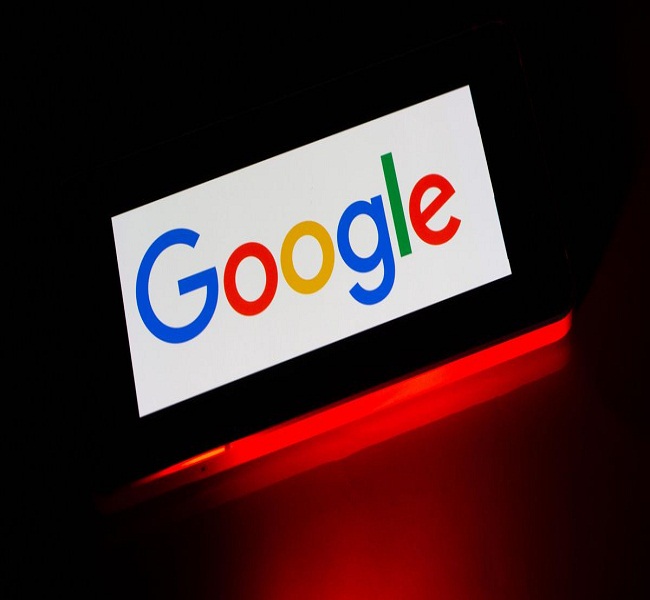Vinay Goel, privacy engineering director for Google’s Chrome browser in a blog recently said it has become clear that time is needed across the ecosystem in order to get things right with the ban of Google tracking cookies.
The ban is supposed to usher in Google’s new privacy proposals, otherwise, known as the Privacy Sandbox with the one of its ideas being the introduction of the Federated Learning of Cohorts (Floc).
The idea is that a browser enabled with Floc would collect information about browsing habits and assign users to a group or flock with similar browsing histories. Each user shares an ID which would indicate their interests to advertisers.
However, this too has faced a lot of criticism, including from the Electronic Frontiers Foundation (EFF) which described it as internet users beginning every interaction with a confession like, ‘Here’s what I’ve been up to this week, please treat me accordingly’.
Initially, Google’s cookies track users’ internet activity and allow digital publishers to target advertising but after a wide outcry Google has yet delayed its plan to block third-party cookies from its Chrome internet browser which are already blocked by a number of Google’s rivals, including Apple, Microsoft and Mozilla.
Critics say Google’s ban forces ad sellers to go direct to the tech giant for this information instead – giving it an unfair advantage. This is because Goggle plans to replace the system with another one of its own design which it claims is better for privacy but still allows marketing.
Its proposals are already under investigation by the UK Competition and Markets Authority (CMA). The ban had been planned for 2022 but has now been pushed until 2023.
According to GlobalStats, Chrome has a 65% market share worldwide.

